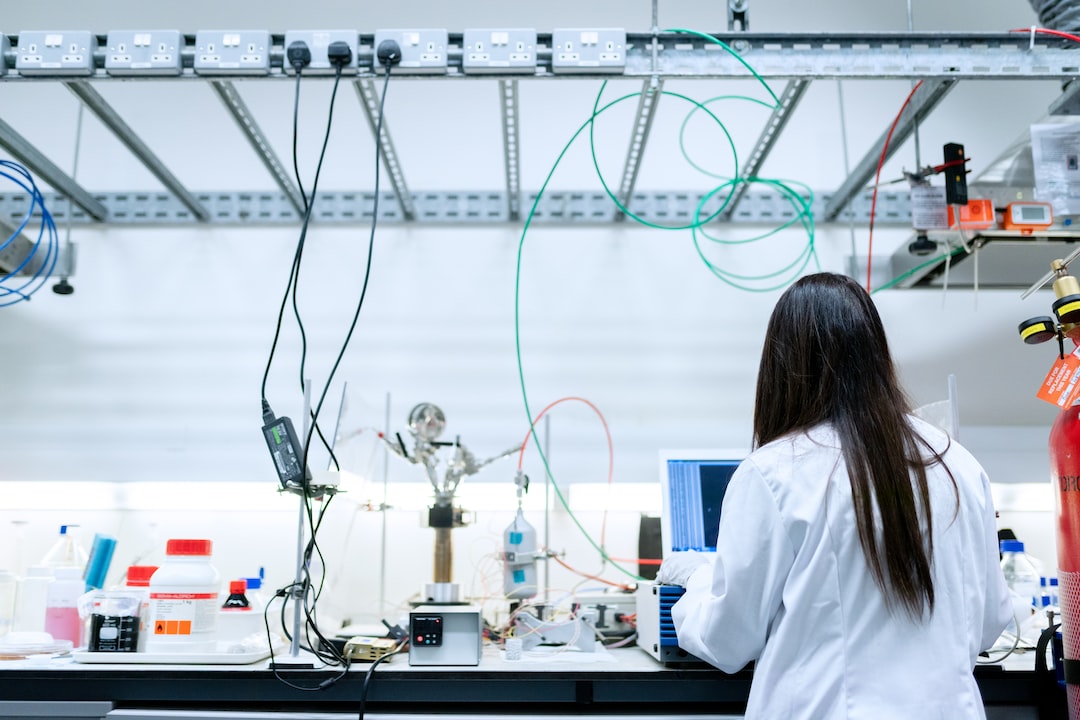Sustainable agriculture is the practice of farming that ensures sustainability of the environment and its natural resources. It is an important approach to ensure food security and minimize negative environmental impacts while meeting the demands of the growing global population. The role of engineering in sustainable agriculture is crucial as it enables farmers to use natural resources in an effective and efficient way. Engineering techniques are essential in providing solutions to the challenges facing modern agriculture, such as climate change, soil degradation, water scarcity, and food security.
One of the significant ways engineering contributes to sustainable agriculture is through precision agriculture. Precision agriculture is a modern farming practice that involves using technology to gather data and information on various factors that influence crop productivity, such as soil erosion, nutrient deficiency, and moisture level. Engineers design and develop tools and systems such as drones, satellite imagery, and sensors that provide accurate and detailed data on crop health, yield potential, and soil health.
Precision agriculture helps farmers to manage their farms better, reduce production costs, and minimize environmental impacts. For instance, through precise data gathering and analysis, irrigation can be monitored and optimized, thereby reducing water wastage, preserving the natural freshwater resources, and maximizing crop production.
Engineering has also played a crucial role in the development of sustainable farming practices that promote soil conservation and preservation. Soil is a vital component of sustainable agriculture as it provides the foundation for crop growth and plays a significant role in regulating the global carbon cycle. Erosion and nutrient depletion are some of the challenges affecting soil health, and engineering has provided solutions to these challenges through innovative soil management techniques.
Conservation tillage, for example, is a farming practice that involves disturbing the soil as little as possible while planting crops. This method helps to minimize erosion, reduce the need for synthetic fertilizers and herbicides, and promote soil health by enhancing the natural biological processes in the soil. Engineers have also developed precision fertilizers to ensure soil nutrients are distributed efficiently, reducing excessive nutrient loss and pollution.
Furthermore, engineers have designed equipment and machinery that are more efficient and sustainable, reducing the carbon footprint of agriculture activities. Modern farming equipment is designed with fuel-saving technologies and pollution control measures that minimize the impact of agriculture activities. Sustainable practices such as crop rotation, intercropping, and agroforestry are increasingly being adopted by farmers as a way of optimizing yield and conserving natural resources.
In conclusion, engineering plays a significant role in sustainable agriculture, providing solutions to the challenges facing modern farming practices. Precision agriculture, sustainable farming practices, and efficient equipment and machinery have revolutionized agriculture, enabling farmers to manage their farms better and preserve the environment. These solutions have a significant implication in the future of agriculture, as sustainability and food security become increasingly important in ensuring an adequate supply of food for the world’s population. As such, engineers have a critical role in ensuring sustainable agriculture practices are developed, implemented, and improved in the coming years.


